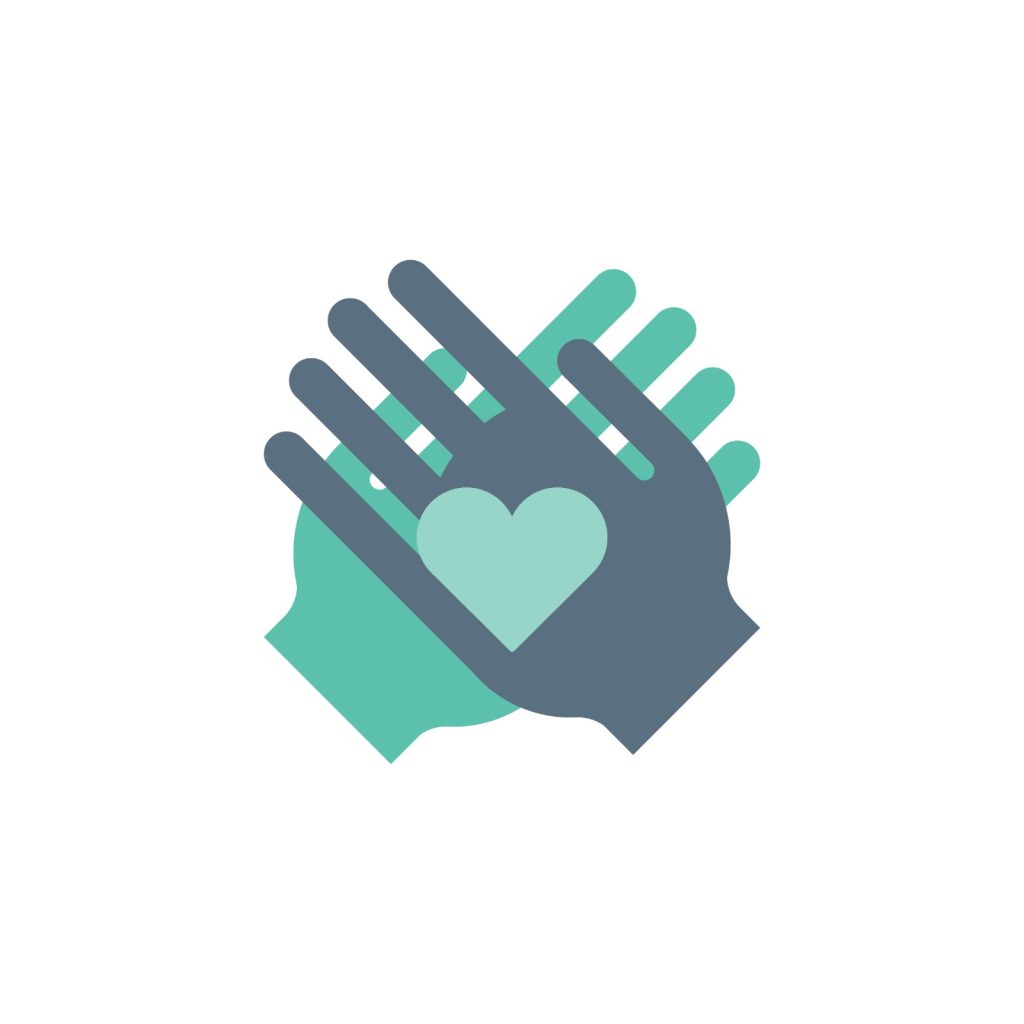
Finding Support
If you or someone you know is on the path to recovery from anorexia, it’s important to know that there are valuable resources available to provide the necessary support.
Therapists: Skilled therapists play a crucial role in the recovery process. They offer individual or group therapy sessions that help individuals address the emotional issues underlying anorexia. Therapists use generally Cognitive-Behavioral Therapy (CBT) to reshape thought patterns and develop healthier relationships with food and body perception.
Nutritionists: Proper nutrition is a fundamental aspect of recovery. Nutritionists specialize in creating personalized meal plans according to the unique dietary needs of those with anorexia. They educate patients about balanced eating and provide guidance to restore physical health safely.
Support Groups: Anorexia can be an isolating experience, but support groups offer a sense of community and understanding. These groups provide a space for individuals to share their struggles, gain insights, and find comfort in knowing they are not alone. The peer support within these groups can be an important resource on the journey to recovery.
In the fight against anorexia, these resources work together, it’s a comprehensive approach to healing.
Seeking help from therapists, nutritionists, and support groups empowers individuals to take control of their lives and embark on a path towards recovery and lasting wellness.
Remember, you’re not alone, and there is support available to help you every step of the way.